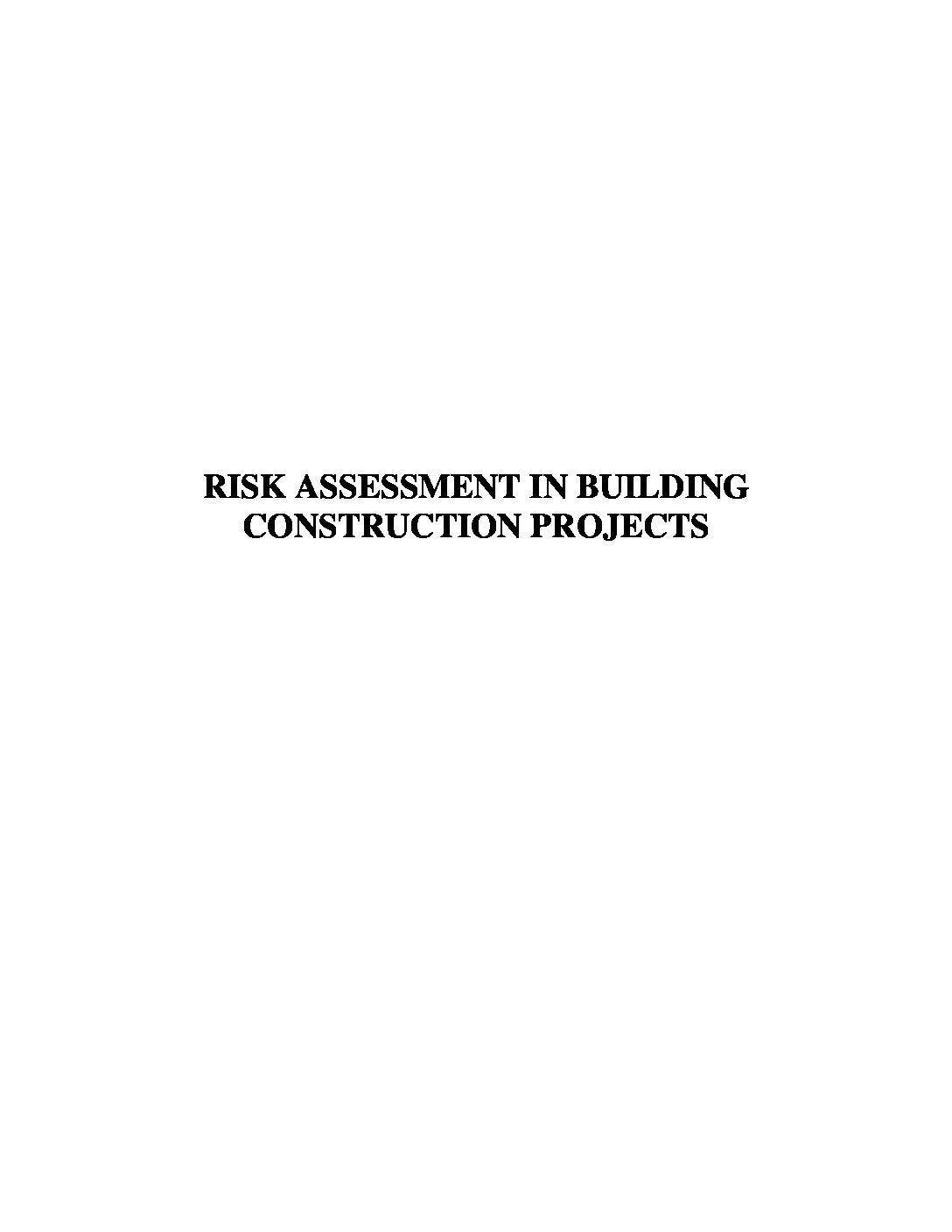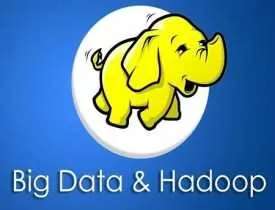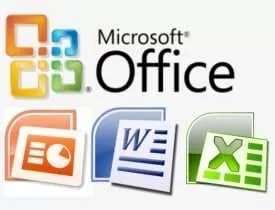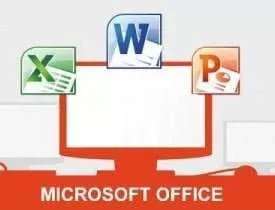Description
Course Name: Diploma in Financial Management
Course Id: DFM/Q1001.
Education Qualification: 12th Pass.
Duration: 370 Hrs.
How You will Get Diploma Certificate:
Step 1- Select your Course for Certification.
Step 2- Click on Enroll Now.
Step 3- Proceed to Enroll Now.
Step 4- Fill Your Billing Details and Proceed to Pay.
Step 5- You Will be Redirected to Payment Gateway, Pay Course and Exam Fee by Following Options.
Card(Debit/Credit), Wallet, Paytm, Net banking, UPI and Google pay.
Step 6- After Payment You will receive Study Material on your email id.
Step 7- After Completion of Course Study give Online Examination.
Step 8- After Online Examination you will get Diploma Certificate soft copy(Scan Copy) and Hard Copy(Original With Seal and Sign).
Step 9- After Certification you will receive Prospect Job Opportunities as per your Interest Area.
Online Examination Detail:
- Duration- 120 minutes.
- No. of Questions- 60. (Multiple Choice Questions).
- 10 Questions from each module, each carry 10 marks.
- Maximum Marks- 600, Passing Marks- 40%.
- There is no negative marking in this module.
| How Students will be Graded: | ||
| S.No. | Marks | Grade |
| 1 | 91-100 | O (Outstanding) |
| 2 | 81-90 | A (Excellent) |
| 3 | 71-80 | A (Very Good) |
| 4 | 61-70 | B (Good) |
| 5 | 51-60 | C (Average) |
| 6 | 41-50 | P (Pass) |
| 7 | 0-40 | F (Fail) |
Benefits of Certification:
- Government Authorized Assessment Agency Certification.
- Certificate Valid for Lifetime.
- Lifetime Verification of Certificate.
- Free Job Assistance as per your Interest Area.
Syllabus
Diploma in Financial Management
Financial markets, Treasury & Risk Management
Risk and its management, The risk management environment, The risk management environment, The concept of risk, Types and sources of risk, Risk and the economic environment, Corporate governance and organisational structure, External reporting and accounting, The risk management process, A risk management framework, Risk measurement tools and techniques, Financial market risk: interest Rates, Interest rate markets and mathematics, Identifying and analysing interest rate risk, Managing interest rate risk.
International Financial Management
Management of Transaction exposure- Management of Translation exposure- Management of Economic exposure- Management of political Exposure Management of Interest rate exposure, hedging against foreign exchange exposure – Forward Market- Futures Market- Options Market- Currency Swaps-Interest Rate Swap-Hedging through currency of invoicing- Hedging through mixed currency invoicing –Country risk analysis, International Financial Management.
Strategic Cost Management
Life Cycle Costing, Target Costing, Kaizen Costing, Value Analysis and Value Engineering, Throughput Costing, Business Process Re-engineering, Back-flush Accounting, Lean Accounting, Socio Economic Costing, Life Cycle Costing, Initial stages, hence low, Negligible and insignificant, Nil, due to heavy initial costs, Time based analysis, Overall Cost Analysis, Pre-production costs analysis, Effective Pricing Decisions, Better Decision Making, Long Run Holistic view, Life Cycle Budgeting, Target Selling Price and Production Volume.
Security Analysis and Portfolio Management
Risk and Return –Measuring Historical Return, Measuring Historical Risk, Measuring Expected (Ex Ante) Return and Risk. Fundamental Analysis: Economic Analysis, Industry Analysis , Company Analysis Framework Technical Analysis : Basic Tenets of Technical Analysis – Dow Theory – Behaviour of Stock Prices – Major Trends – Charts and Trend Lines – Resistance and support Lines – Different Patterns, Elliot Wave Theory, Efficient market theory, Portfolio Theory: The Benefits of Diversification, Diversification and Portfolio Risk, Portfolio Return and Risk, Measurement of Co movements in Security Returns, Calculation of Portfolio Risk, Efficient Frontier, Optimal Portfolio.
Derivatives Management
Derivative- An Introduction, Introduction, Managing Risk, Types of Business Risks, Derivatives, Products, Classification, participant, Evolution, Functions, Introduction, Forward Contract, settlement of Forward Contract, Futures contract, Specifications of Futures contract, difference, Pricing, Arbitrage, Convergence, Relationship of futures price & expected spot price, Introduction, benefit, commodity futures & economy, Difference of commodity & financial futures, Pricing, hedging, Perfect & imperfect hedge, Basis & Basis Risk, Optimal Hedge Ratio, Spread strategies.
Financial Analysis and Reporting
Basics of Financial Reporting, Understanding Financial Statements, Elements of Financial Statements, Analysis and Interpretation of Financial Statements, Accounting Standards in India and IFRS, Introduction of Indian Accounting Standards, Concept of accounting standard meaning of accounting standard, Nature of accounting standard, Objectives of accounting standards, Advantages of accounting standards, Disadvantages of accounting standards, Accounting standard board in India, Applicability of Indian Accounting standards.








